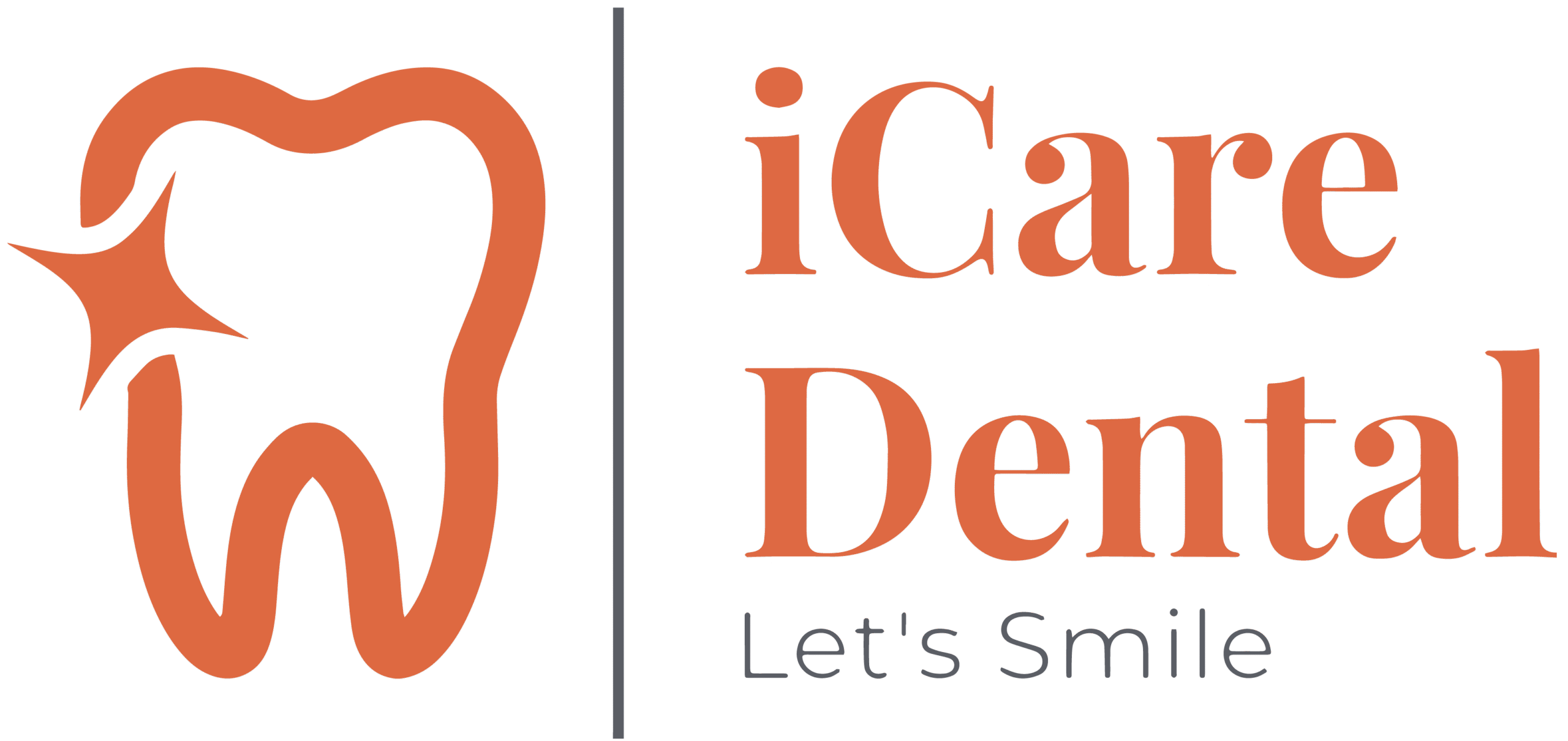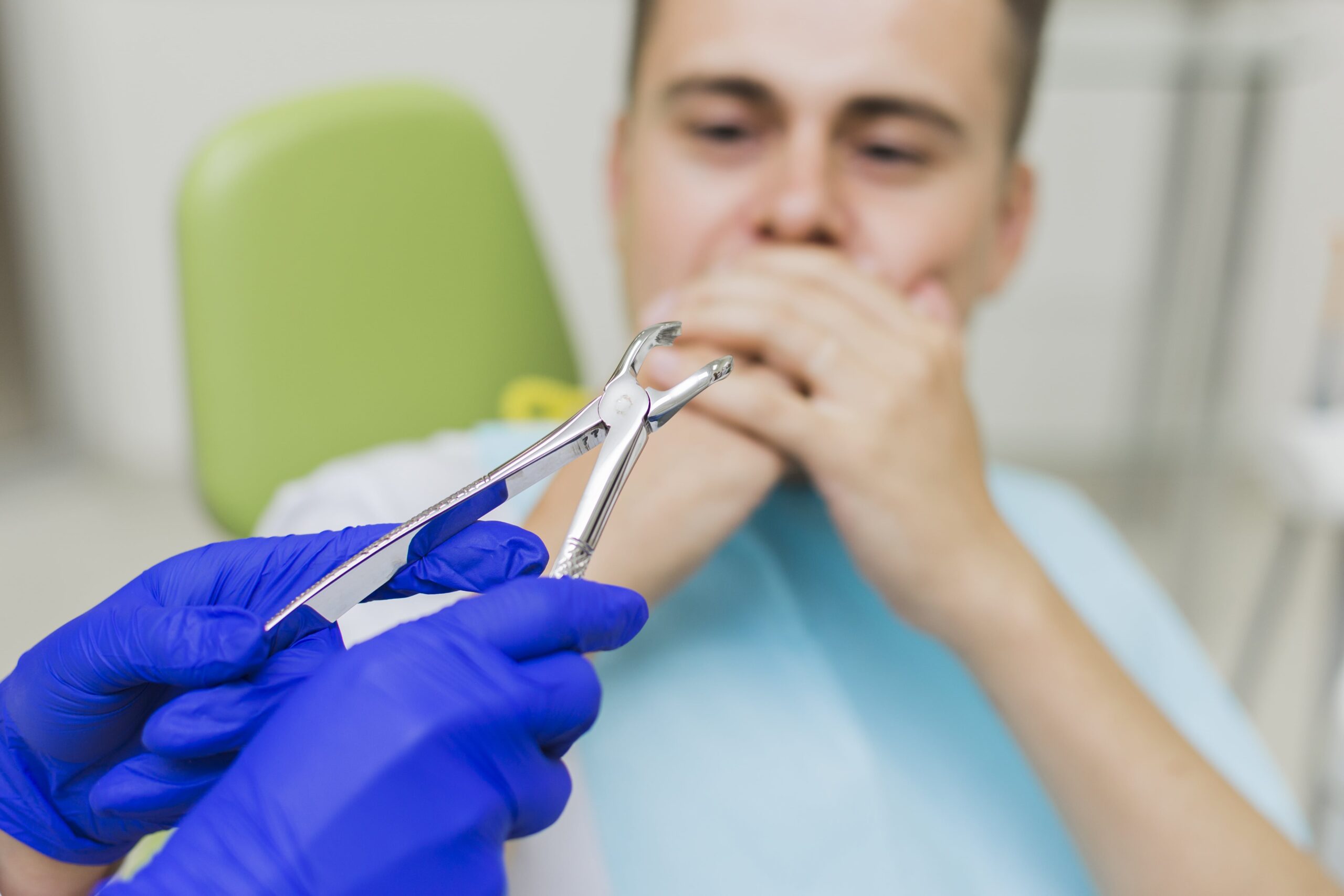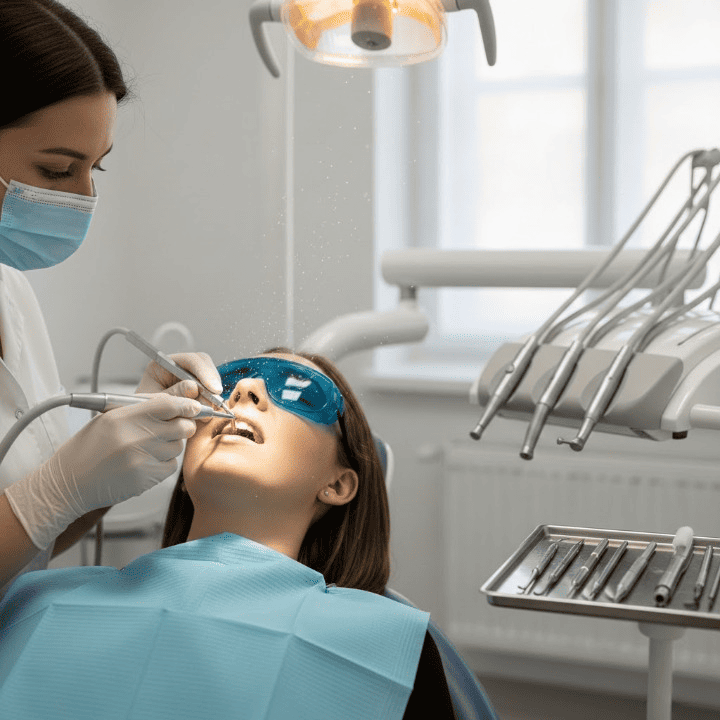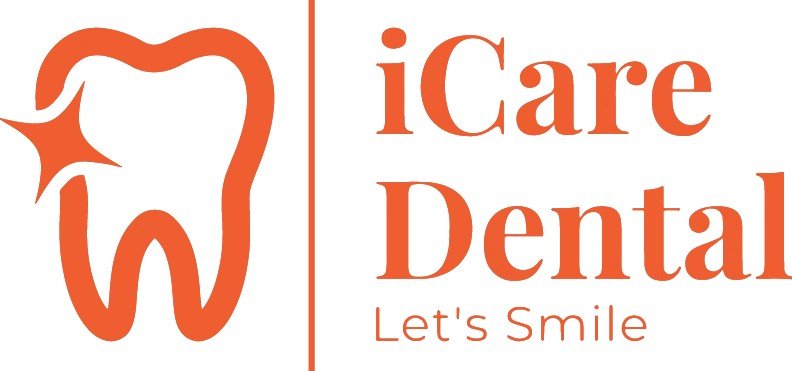Wisdom teeth, also known as third molars, are the last teeth to emerge, typically between the ages of 17 and 25. In many people, this time can come and go with little to no issues, and the wisdom teeth often will “come in” without causing problems. For some people—pain, infection, crowding or damage to other teeth causes the dental team to make the determination extraction is in the patient’s best interest.
At iCare Dental, we know from experience that one of the most common things patients ask before their procedure is:
“Is wisdom tooth extraction painful?” We hope this guide can provide the answer to that, as well as provide additional information in regard to procedures, what to expect before, during and after surgery, and some recovery tips to help you after your wisdom teeth are extracted.
Understanding the Nature of Wisdom Tooth Pain
Wisdom teeth can cause discomfort even before extraction. Common reasons include:
- Impaction – when the tooth grows at an angle or remains trapped under the gums.
- Infection – bacteria can collect around partially erupted wisdom teeth.
- Crowding – wisdom teeth can push against existing teeth, causing shifting.
- Dental decay or gum disease – The risk for problems develops when wisdom teeth are hard to clean.
These issues frequently lead patients to obtain treatment not just for relief, but to prevent ongoing dental issues.
Does the Procedure Itself Hurt?
You won’t feel pain during the tooth extraction procedure due to the advancements in dentistry and different anesthesia options available at iCare Dental. Here is why:
1. Local Anesthesia
We numb the surgical area completely so you remain awake but pain-free. You might feel slight pressure or movement, but no sharp pain.
2. Sedation Options
For anxious patients, we offer:
- Nitrous oxide – reduces anxiety and induces relaxation.
- Oral sedation – a pill taken before the procedure to calm nerves.
- IV sedation – allows you to be in a sleep-like state during the surgery.
3. General Anesthesia
You’ll be completely asleep and unaware during the entire procedure.
In short: Pain during the surgery is virtually eliminated. What most patients experience is pressure, pulling sensations, and perhaps some minor noises — but no pain.
What About After the Extraction?
Once the anesthesia wears off, some degree of post-operative discomfort is normal, but it is manageable. The level of discomfort depends on:
- Whether the tooth was impacted.
- The complexity of the extraction.
- Your individual healing response.
Common post-surgery symptoms:
- Mild to moderate pain for 1–3 days.
- Swelling of the jaw or cheeks.
- Minor bleeding for the first few hours.
- Stiffness when opening the mouth.
At iCare Dental, we provide personalised pain management plans including:
- Over-the-counter pain relievers.
- Prescription medication for more complex cases.
- Cold compresses to reduce swelling.
- Detailed aftercare instructions to speed recovery.
How to Minimise Pain and Heal Faster
Here are our top iCare Dental recovery tips:
- Be sure you follow every instruction that our clinic provides, which may include when to eat, when to rinse, and when to rest.
- During the first 24 hours, use cold compresses to help lower swelling and discomfort.
- Avoid smoking, alcohol, or the usage of a straw for at least the first couple of days after the extraction to prevent dry socket.
- Go with soft foods, including yogurt, smoothies, or soups, till you are assured you can bite simply.
- Keep the extraction site clean – gentle saltwater rinses (after the first 24 hours) can assist in lowering an infection risk.
When to Contact Your Dentist
While slight pain is expected, touch iCare Dental right now in case you experience:
- Severe, worsening pain after 3 days.
- Persistent bleeding.
- Signs of infection.
- Difficulty breathing or swallowing.
Prompt attention ensures a quicker return to comfort and normal function.
Final Answer:
No, you’ll no longer feel any pain throughout the extraction with appropriate anesthesia and suitable care at iCare Dental. Post procedure you could experience some discomfort and swelling, however this could be viable with the perfect care and medicines.
The iCare Dental systematic approach holds the hand of the patient through consultation and recovery to make sure you are as comfortable, informed and supported as possible.






